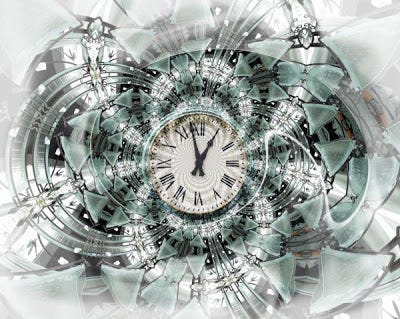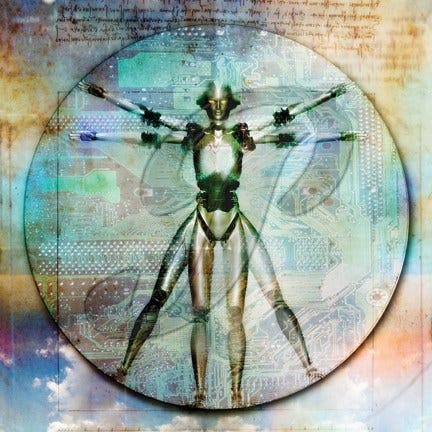Originally read in May 10, 2016, reviewed on Goodreads.
★★★★
274 pages, Hardcover
First published March 3, 2016
"I'd never felt more human than I did when my mother lay in bed, dying."
― Don DeLillo, Zero K
"This was not the not the frailty of a man who is said to be 'only human,' subject to weakness or vulnerability. This was a wave of sadness and loss that made me understand that I was a man expanded by grief."
― Don DeLillo, Zero K
I first jumped into DeLillo's unique, hypnotic prose when I read Mao II. His words swelled for me like a sacred mantra. There were other writers before that seduced me, that blew me away with their measured writing, or their erratic narration, but DeLillo was something else. His prose is poetic, weird, haunting, searing. Images grow and then dematerialize. He hints at the future, creates a fabric of tension, and pulls back. Each of his books seems to push towards a vision of our end. He looks at the refuse of civilization, the excesses of capitalism, "the end zone of ancient time". He is a dark worm, pushing through the dirt and the grime and the dark caverns created by our existential rot.
He is obsesses over words, descriptions, names. He is a prose prophet for a technological age. He doesn't always hit it out of the park (dare I call those Pafkos?). Many of his more recent books: Cosmopolis, Point Omega, The Body Artist didn't seem to live up to the expectations created by Mao II, White Noise, Libra, Underworld. His five novels from the Names (1982) to Underworld (1997) seems only equaled by Philip Roth's series of five novels from Operation Shylock: A Confession (1993) to The Human Stain (2000).
The last couple books DeLillo delivered seemed to be experimentations, theories, unfinished paintings that hint at the ground DeLillo loves (technology, paranoia, death, history, humanity, religion). With this novel, DeLillo seems to have perhaps not jumped up to his highest shelf. (See MII, WN, L, U), but close. This is a book that belongs next to Falling Man, End Zone, Americana, the Names.
I don't want to give too much of the book away, but as I read this unsettling novel, I kept on thinking of modern-day technology pharaohs. My brother and I were having a conversation the other day about how the life of a millionaire and a billionaire isn't that different. There is just so many things you can literally buy. Even when they are buying expensive shirts and pants the styles and cuts for those worth $100M and those worth $100B aren't going to be THAT different. Yes, the billionaire might own an Island instead of just a home, but ultimately, the billionaire can't live in more than one home at a time. The millionaire might be able to buy $4000 pants when you and I can only, rationally, expect to buy pants in the $40 - $140 range. However, the Billionaire isn't able to just add a couple zeros to the millionaire's pants. There is no market for $40,000 pants. So, the average $B$ lives about like the average $M$, except in a couple small ways.
Death, or the desire to escape death, may be one of those places where only those with significant, GDP-sized capital, can tread. Thus those with wealth that involves 9+zeros become the modern-day pharaohs of death. They are the only ones with the capacity to fight against the dying of the light with money, medicine, and technology. Money absolutely has become their god, and perhaps in 10, 15, or 20 years their GOD might actually deliver them from death. Instead of pyramids of stone, we might see pyramids of stainless steel and ice. Frozen mummies surrounded by bytes instead of jewelry and gold, these modern-day pharaohs may one-day-soon be waited on by high-priests with PhDs in computers science; the ceremonies and rituals of religion will be replaced with a transhumanist incantations and rites.
But when our modern-day pharaohs side-step death, what does that exactly mean as far as life? That is the territory of DeLillo. Listen to his prose prayers, and prepare yourself for salvation, death, and perhaps even eternal life.
* I'm going here by reputation not experience since I have yet to read these two.






